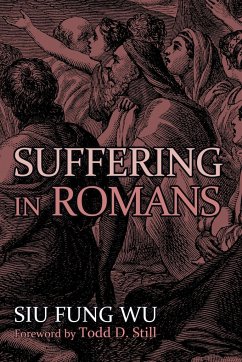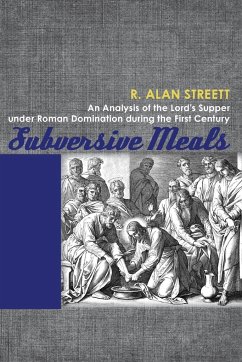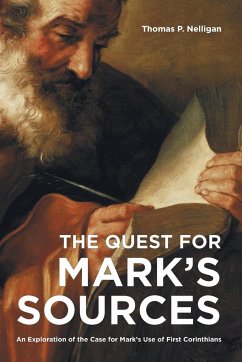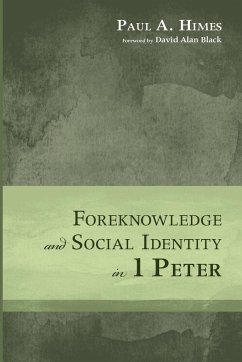
Paul and Patronage
Versandkostenfrei!
Versandfertig in 1-2 Wochen
23,99 €
inkl. MwSt.
Weitere Ausgaben:

PAYBACK Punkte
12 °P sammeln!
The question of how leadership and authority functioned in the Pauline church remains one of the most polarizing issues in New Testament scholarship today. On the one side are egalitarian and counterimperial readings that stake their interpretation of the liberating gospel upon a depiction of the Pauline church as radically countercultural with regard to leadership and authority. On the other side are authoritarian readings that just as easily conceive of Paul as fully embedded within the cultural conceptions and structures of leadership and authority in vogue across the Greco-Roman world. Thi...
The question of how leadership and authority functioned in the Pauline church remains one of the most polarizing issues in New Testament scholarship today. On the one side are egalitarian and counterimperial readings that stake their interpretation of the liberating gospel upon a depiction of the Pauline church as radically countercultural with regard to leadership and authority. On the other side are authoritarian readings that just as easily conceive of Paul as fully embedded within the cultural conceptions and structures of leadership and authority in vogue across the Greco-Roman world. This study employs social-science criticism to construct a model of ancient patronage conventions and power-exchange dynamics in the Greco-Roman world, and this model is then applied to 1 Corinthians. This study finds that when Paul addresses his own apostolic relationship to the Corinthians, he tends toward reinscribing traditional hierarchies, but that when Paul addresses relationships between participants of the Corinthian assembly, he tends toward overturning them.














